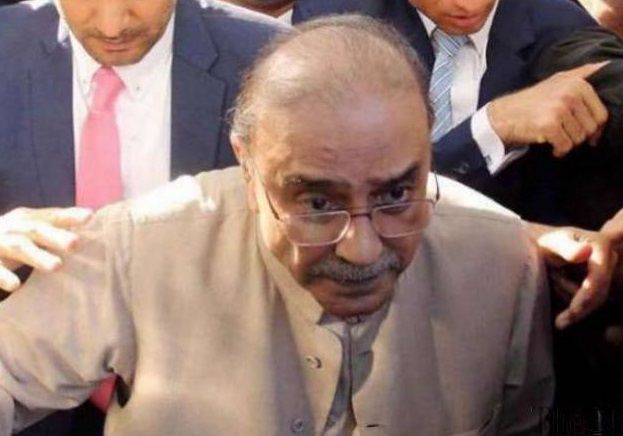In a recent development within the Pakistan Peoples Party (PPP), Co-Chairman Asif Ali Zardari has emerged as a central figure in shaping the party’s strategy and approach. During a pivotal Central Executive Committee (CEC) meeting, it became evident that Zardari’s influence within the party had gained significant momentum. This shift in dynamics signifies a noteworthy change in the PPP’s direction, as the party aligns itself with Zardari’s vision to address pressing issues, particularly related to the level-playing field and relations with key stakeholders.
In an exclusive insight into the CEC meeting, sources within the PPP revealed that Zardari’s stance, previously perceived as a personal opinion, has now received official endorsement from the party’s highest decision-making body. This move indicates a consensus within the party to prioritize resolving issues concerning the political landscape and economic challenges, marking a departure from the aggressive approach seen in recent times.
While this shift does not diminish the authority of party Chairman Bilawal Bhutto Zardari, it sends a clear message that the party believes a more pragmatic approach is needed to navigate the complex political terrain. Rather than aggressive posturing, the PPP appears to opt for a strategy that seeks to mend relationships and ensure a level playing field while maintaining its demand for early elections.
The decision to empower Zardari was not a planned maneuver to sideline Bilawal; rather, it emerged organically during the CEC meeting. Sources revealed that both Punjab and Sindh leaders within the party had raised concerns about their interactions with local administrations and the caretaker government. When Zardari asked if they had potential solutions to these challenges, the room fell into silence. At this point, Zardari offered to take on the responsibility of addressing these issues, a proposal that garnered unanimous approval from the CEC.
This development sheds light on Bilawal’s more moderate stance on the election issue during the meeting. While the party still maintains its demand for early elections, it acknowledges the complexities involved in achieving this goal, given the prevailing sentiments of the establishment.
It is worth noting that Asif Ali Zardari is known for his strategic thinking and political acumen. Party members expressed confidence in his ability to devise a plan to navigate the party through the current political landscape effectively.
While this transition in leadership roles within the PPP is significant, it is crucial to understand that both Bilawal and Zardari remain the party’s leaders, and this shift does not imply an undermining of either figure. Rather, it reflects a pragmatic decision to leverage Zardari’s experience and expertise in addressing immediate challenges.
Additionally, the role of PPP leader Qamar Zaman Kaira, who has been involved in a legal case with the PML-N, has raised some questions. Kaira’s stance has been one of moderation, advocating against the use of harsh language against the PML-N due to their past alliance. It appears that Kaira may seek PML-N’s support for his MNA seat, further highlighting the evolving dynamics within the PPP.
In terms of the party’s approach, the PPP continues to emphasize its respect for the judicial process. It hopes that the courts will deliver a decision regarding elections, and the party is committed to abiding by the court’s ruling, regardless of the outcome.
The recent developments within the PPP signify a strategic shift in the party’s approach to political challenges. Asif Ali Zardari’s increased role and endorsement by the CEC mark a new direction for the party—one that prioritizes pragmatism and diplomacy while continuing to advocate for early elections.


